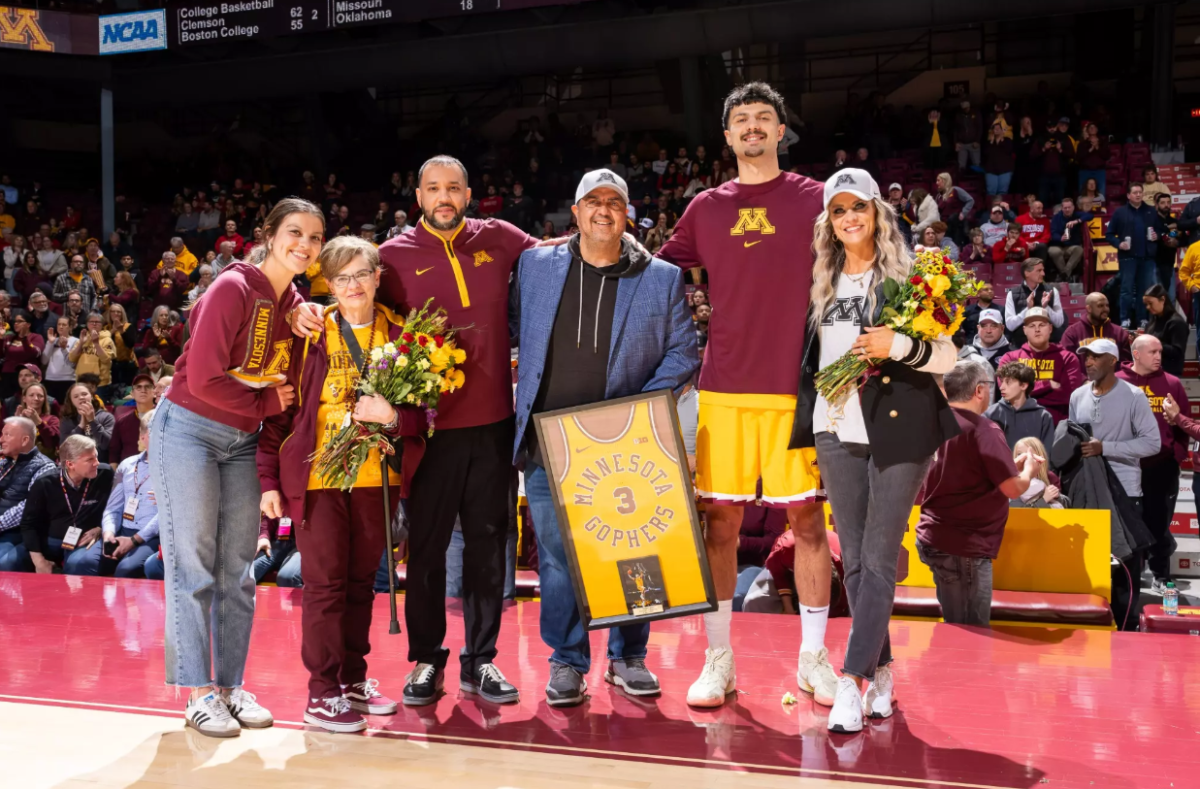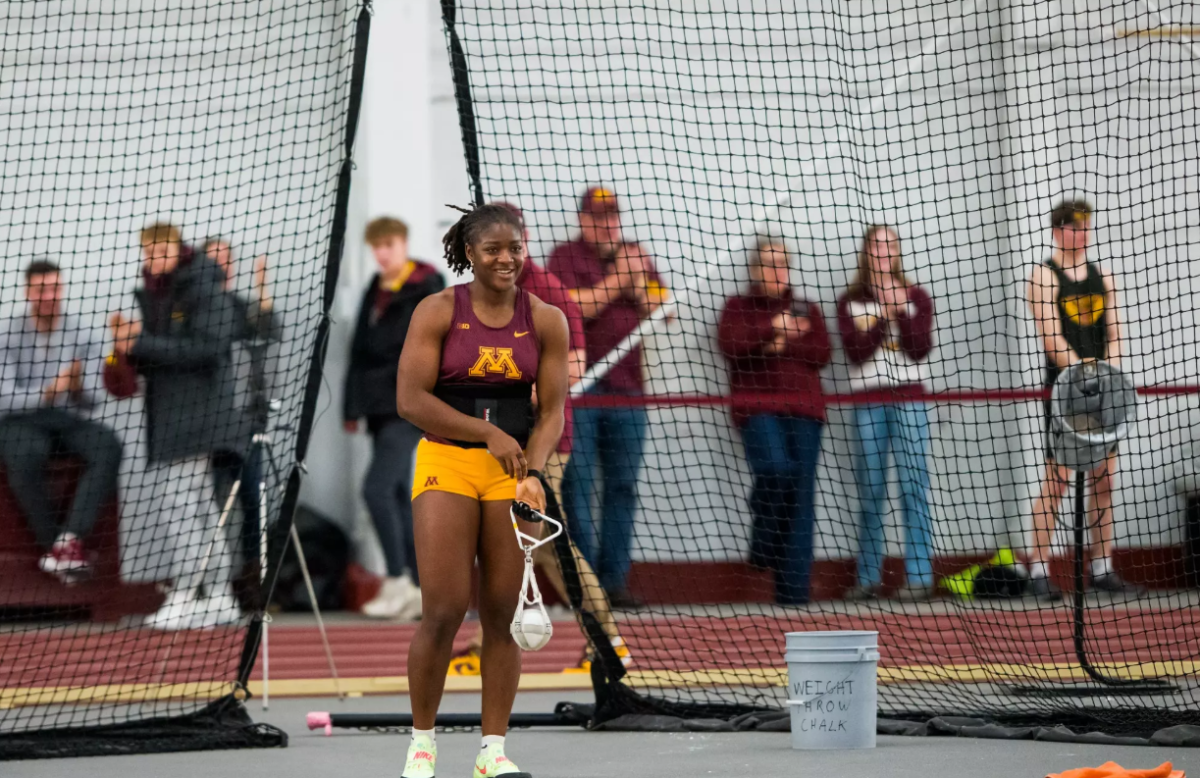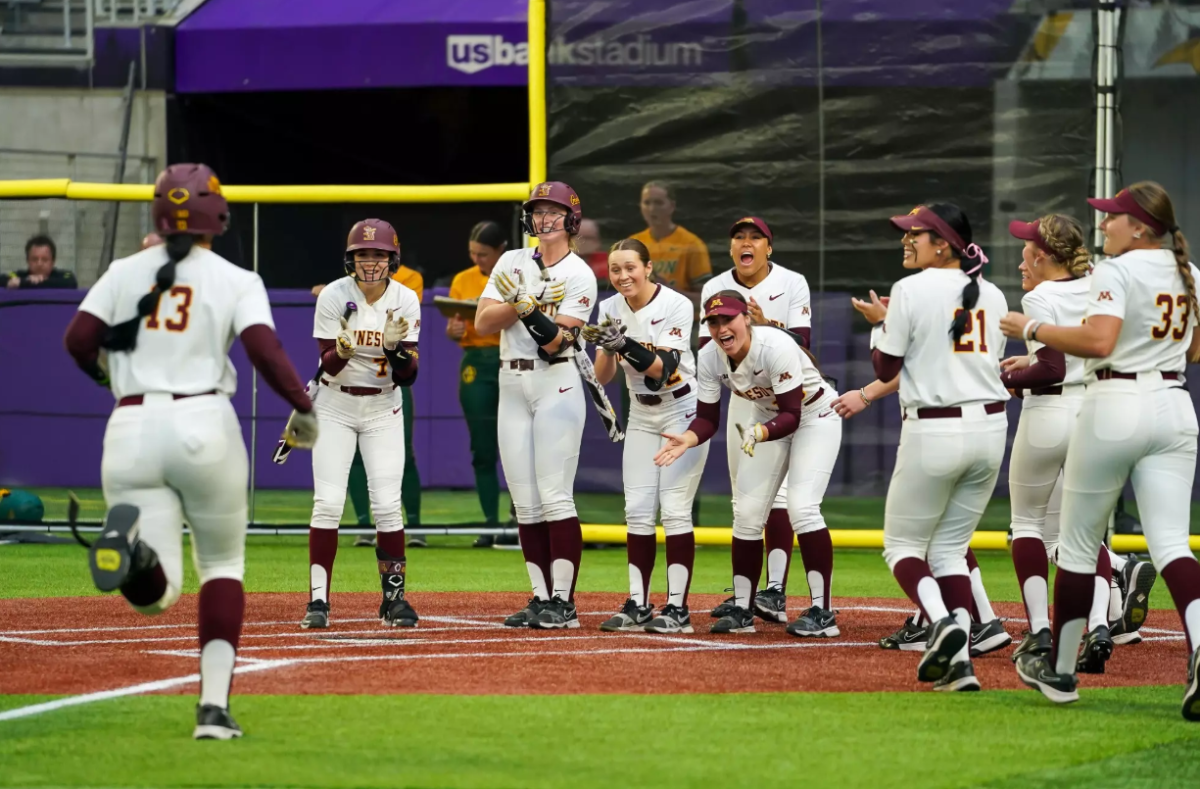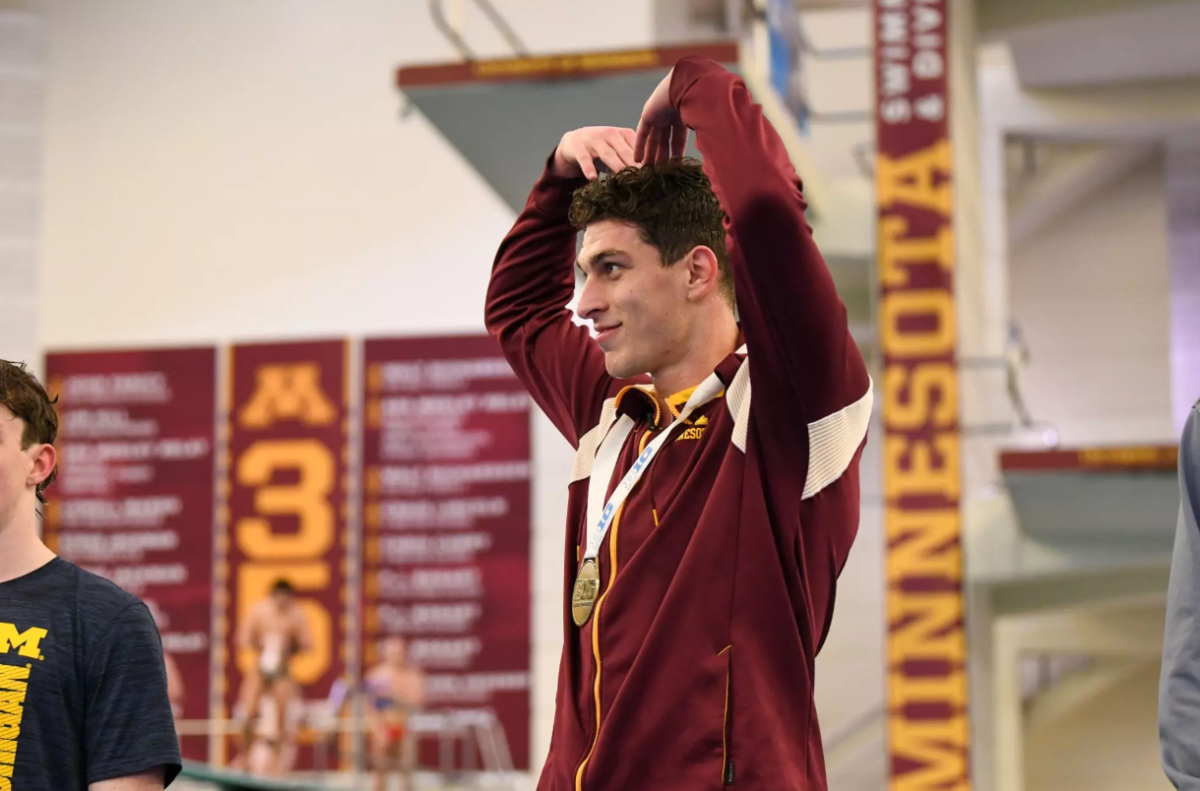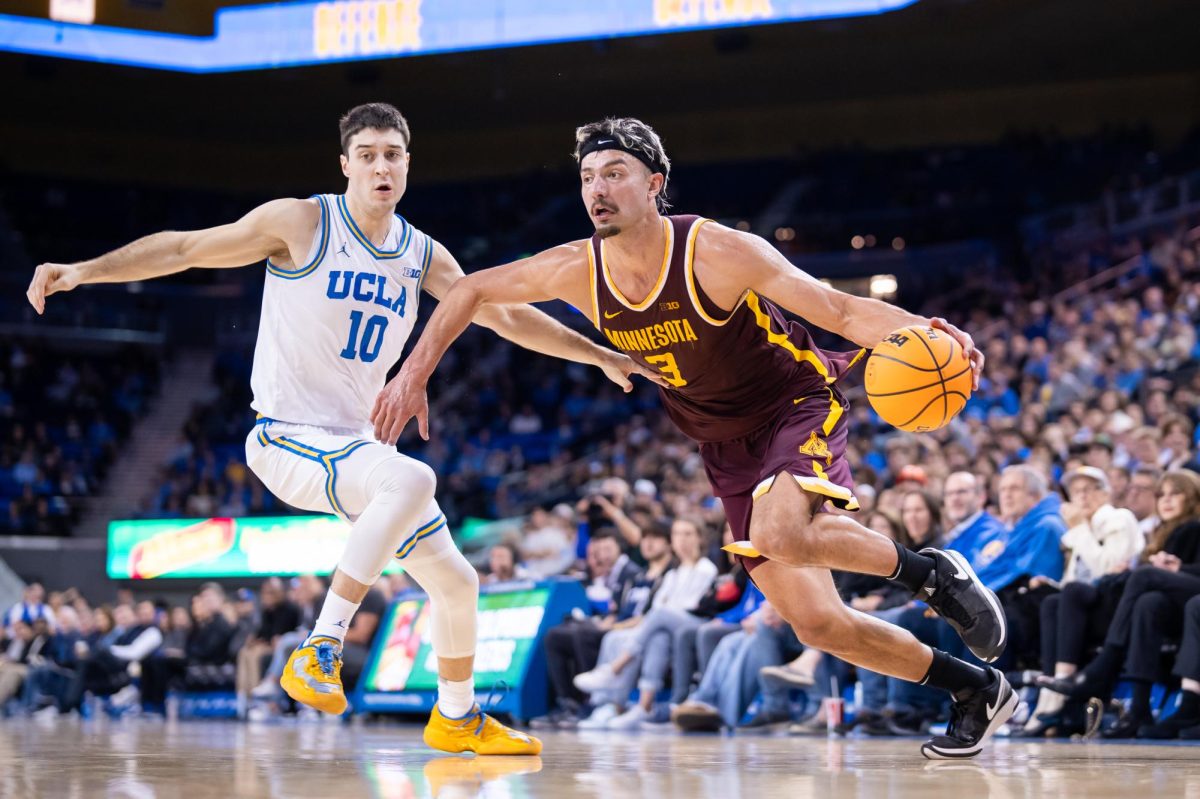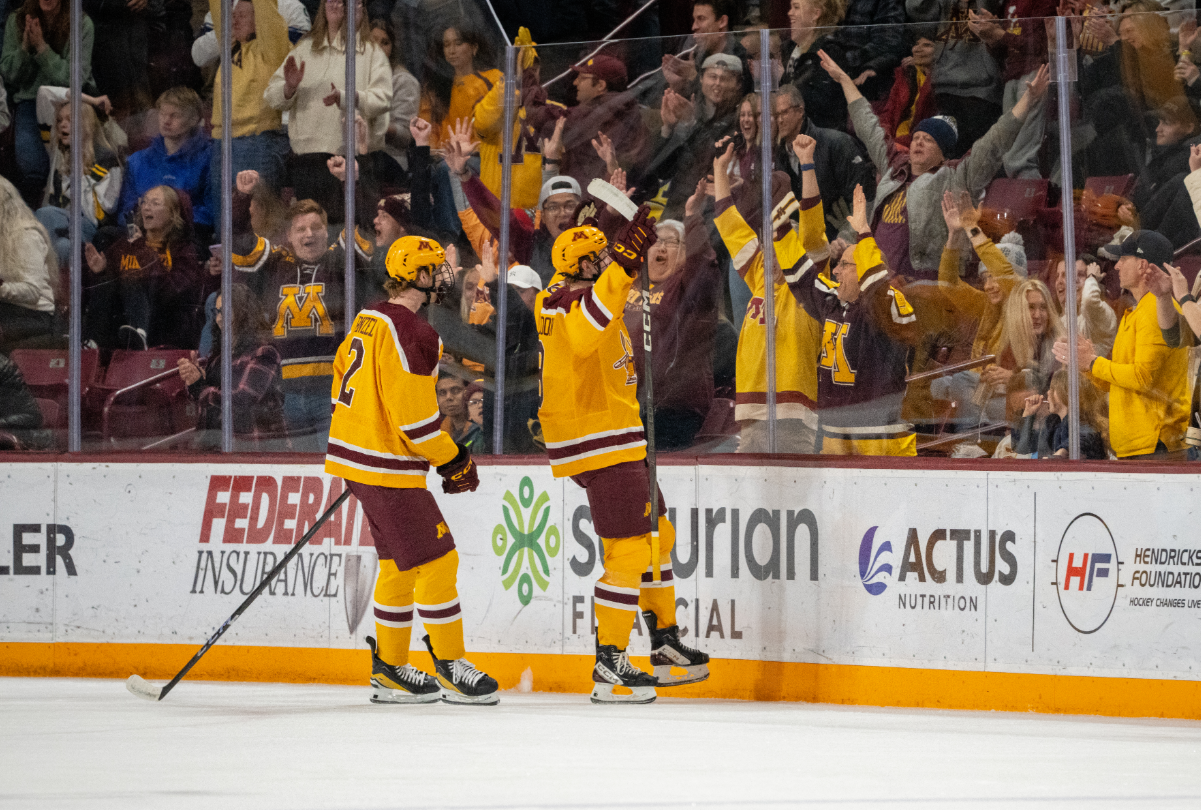Anyone who spends more than 15 minutes in the world of sports journalism learns that cynicism is like fiber for the sports journalist.
Without cynicism, we wouldn’t be able to digest the egotism and self-importance that too often accompany the people we cover.
But I’ve held onto a sliver of optimism for the last four years. And that sliver is a gift Purdue men’s basketball coach Gene Keady never knew he gave me.
I’ve never met or heard of anyone with a bad word for Keady, and even Penn State football coach Joe Paterno has borne the brunt of some criticism recently.
There’s a reason for this: Keady treats everybody with dignity and respect. He doesn’t talk down to you. He doesn’t act like you’re a burden. He doesn’t dance around your question. And he doesn’t dismiss you as just the next yokel who wants a piece of his mystique.
Every coach should learn from Keady’s disposition during and after a game.
I’ve never had dinner or a conversation with Keady, I’ve never considered him a father figure as Gophers coach Dan Monson does and I’m not going to pretend as if he’s my close personal friend.
But the single interaction I had with Keady as a junior in high school still resonates with me today.
I attended a sports writing seminar in March 2001, the week the Final Four was held at the Metrodome.
As part of the deal, I got credentials for the National Association of Basketball Coaches’ College All-Star Game that Friday at the Target Center. Keady was the coach of the college all-stars, who were playing the Harlem Globetrotters.
Being the spacey kid I was, I wandered aimlessly through the tunnels and the courtside area before the game, searching for where I was supposed to sit.
I was standing around sucking up the atmosphere in a tunnel near the locker rooms, when Keady emerged from behind me.
I’ve never been the type to bother a celebrity when I happen to run into one. So, I just half-nodded at him as he was walking by, trying to be respectful and let him be on his way.
But he stopped, and he asked me how I was doing.
I think I squeezed out a meager, “Good, thanks,” before he went on his way. But I don’t really remember the response.
I wasn’t an important person to Keady. He couldn’t even have mistaken me for a working journalist despite the credential hanging from my neck. I was some dumb kid who was trying to look important to one of the most legendary coaches in college basketball.
It was brief, and he probably forgot about me 10 seconds later. But could anything be classier and more humble?
That’s why these next couple weeks will be sad for sports journalists everywhere. We’re losing the man who embodied the word “class.” We’re losing the man all of us want to work with at some point in our careers.
I never want to lose that sliver of optimism, but it’s going to be harder in a world without Keady scowling on the sidelines.


